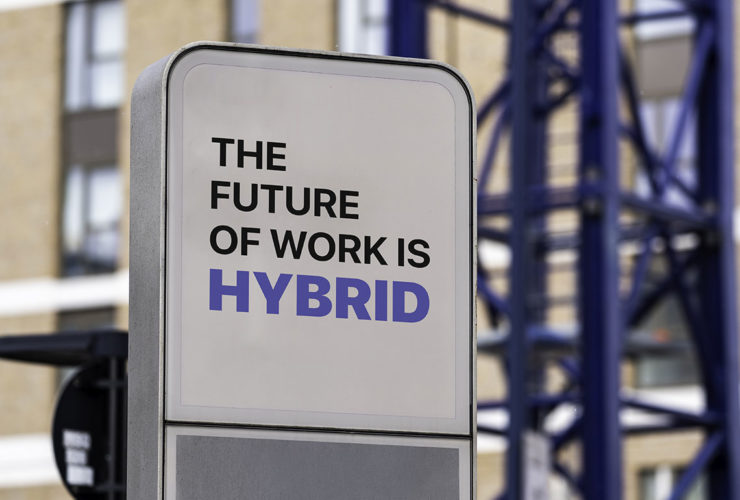Note: This is the third post in a four-post series on the biggest technical interviewing mistakes commonly made by employers.
Read the intro post to the series here.
Read about Mistake No. 1 here.
An Aug. 17 USA Today headline just about says it all: “Job seeker to employer: Well? I don’t have all day.” Hiring Process
In today’s tight labor market, top candidates often have multiple options, so employers can’t afford to dawdle in their hiring process or they’ll risk losing them.
For tech hiring, the problem is particularly acute. IT professionals in high demand are getting four to six job offers per week, according to Robert Half. And according to the USA Today article, the average hiring time frame for IT specialists has been shaved from close to two months to two to three weeks.
Given this situation, you don’t want to be the employer with a longer hiring process. This is why “Your Interviewing Process Takes Too Long” is one of the three biggest technical interviewing mistakes.
After all, take a look at few of the consequences of a long hiring process:
• Lower quality hires—Top talent goes to other employers.
• Lower acceptance rates—Worse candidate experience, and other employers have more time to poach candidates.
• Reduced productivity—Longer time to hire means projects don’t get completed.
How can you speed up your technical interviewing process, and your hiring process as a result, without sacrificing quality?
That last part, “without sacrificing quality,” is important. You don’t want to shortcut technical interviews and make them ineffective for determining if candidates have the skills and experience to succeed at given roles. That will just result in more bad hires, and all the negative consequences that come with them.
Instead, consider focusing on reducing scheduling delays, which can be a week or longer if you use technical interviewing panels—typically three members of your IT team, as they have the necessary technical experience. It can be hard to find times when all three members can prep for an interview with a candidate, perform the interview and evaluate the interview, considering the mission-critical and/or revenue-generating projects they’re working on.
Here are three possibilities for reducing scheduling delays:
1. Make Technical Interviews a Top Priority for Internal Technical Interviewers. Require they make time for interviews within three days. Drawbacks of this are pushback from IT staff on the panel, and urgent projects not being completed in time.
2. Use an Internal IT Consultant. A consultant typically can make time for interviews quickly, and has sufficient IT knowledge. Common drawbacks here are lack of common structure, no guarantee that the interviews are compliant, no common rating scale and inconsistency in questions from candidate to candidate.
3. Outsource the Interviews. Use a service provider, such as eTeki, that will schedule candidates for interviews within 24 hours with external IT pros who are certified in technical interviewing. These interviewers use best practices, so candidates’ skills are appropriately compared and compliance is ensured.
We’ll close out the series with Mistake No. 3, How Technical Interviewing Shortcuts Derail Your Tech Hiring







